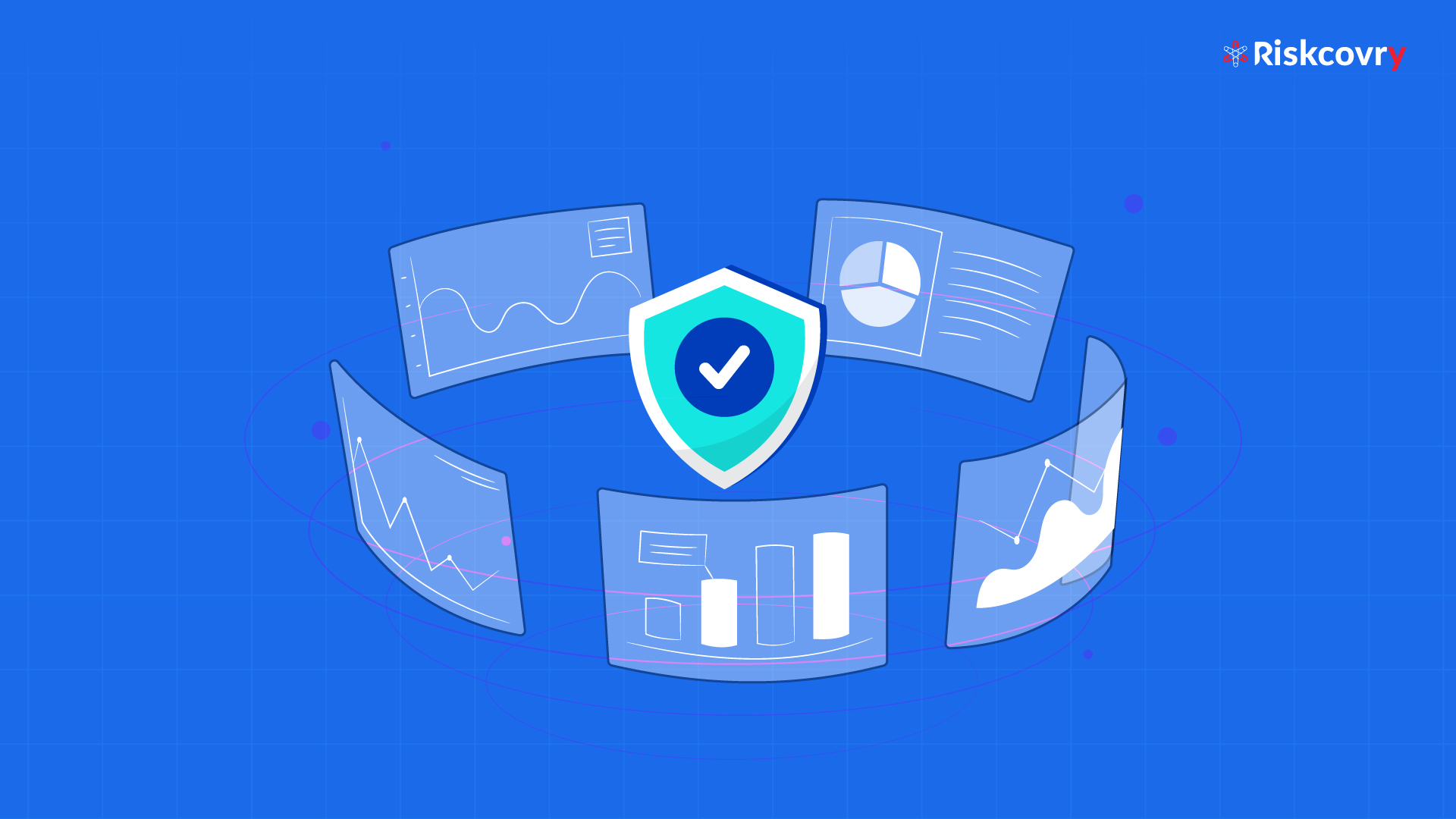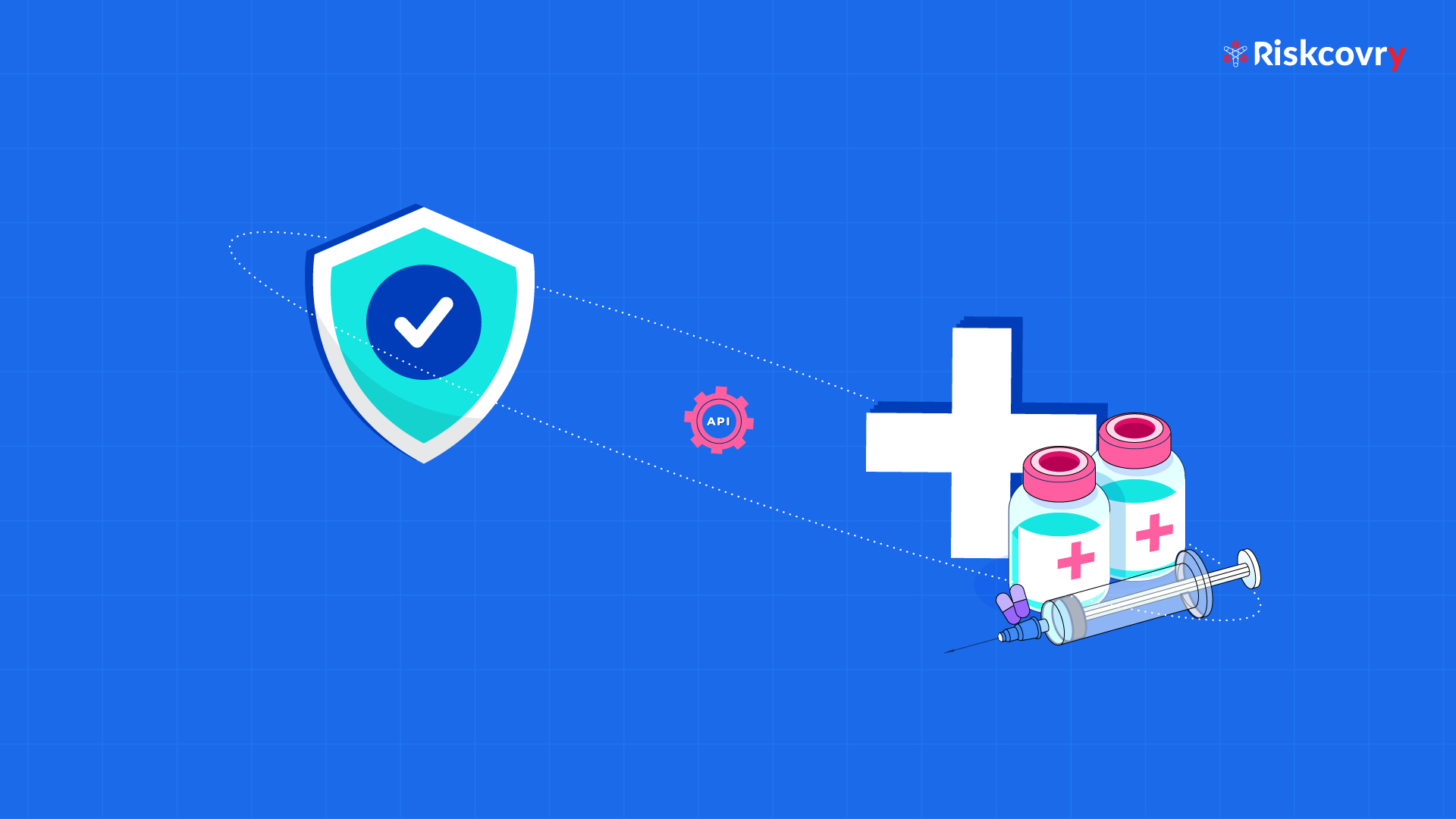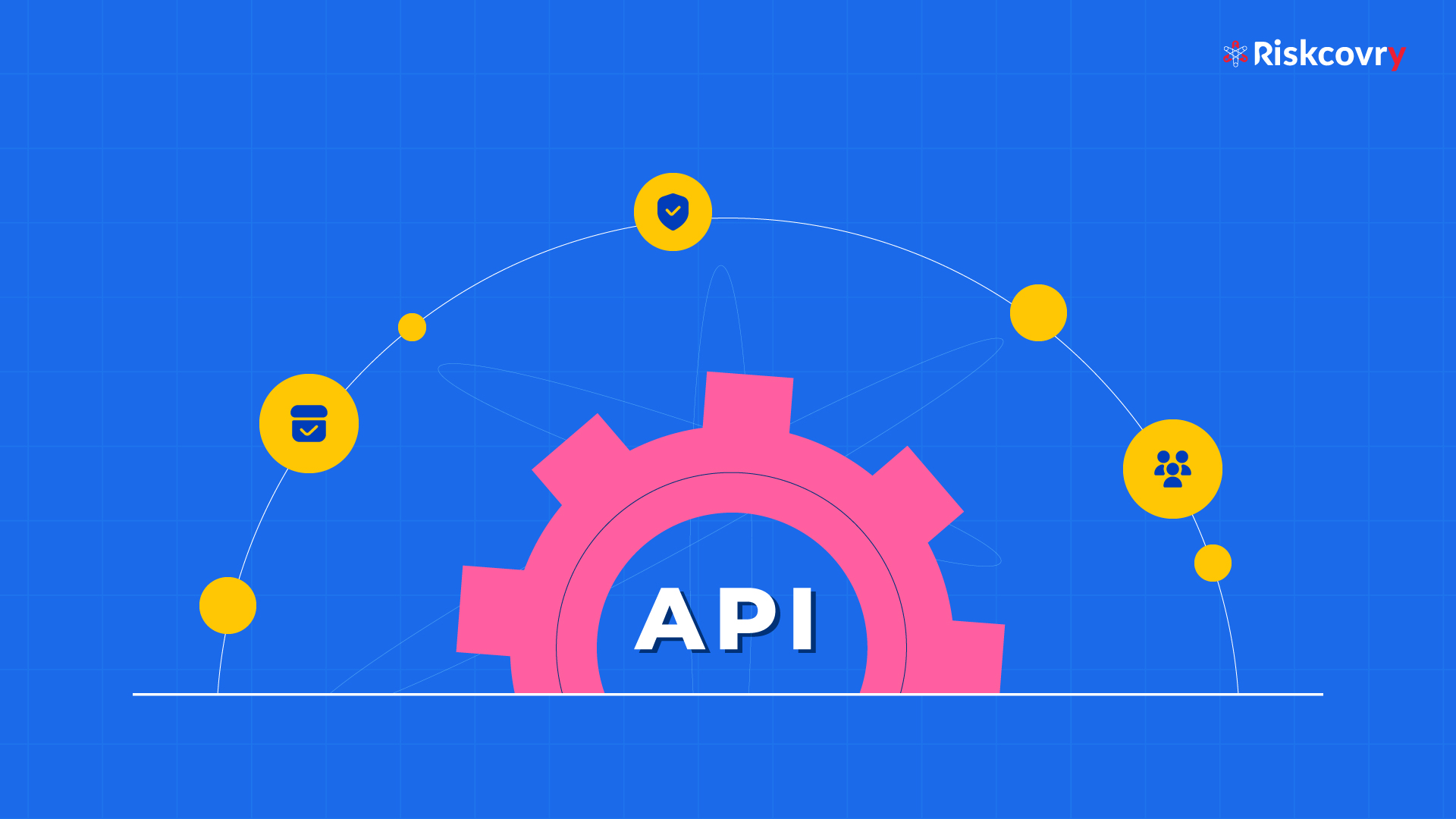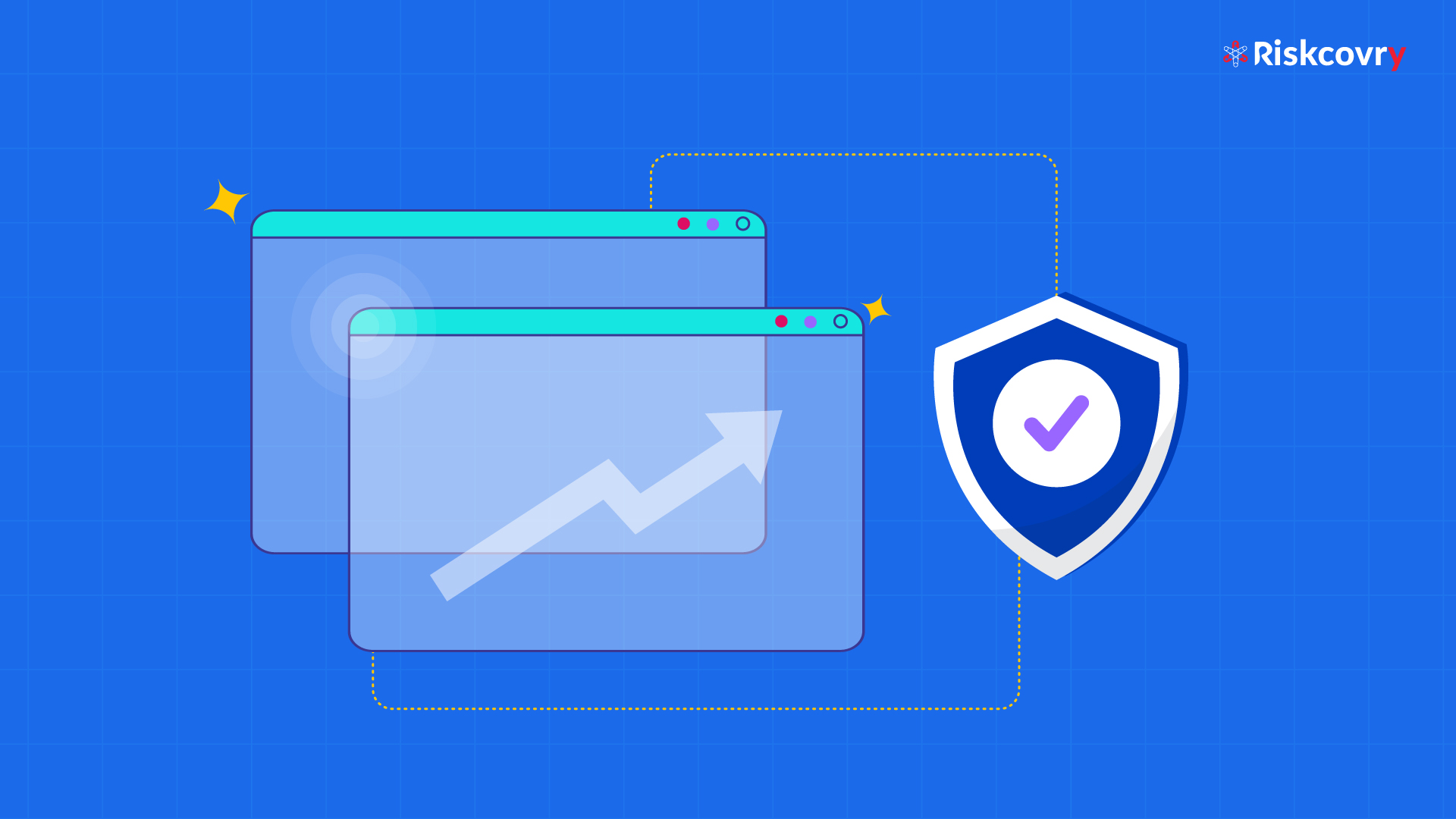The insurance industry has traditionally used historical data to determine the probability of risks emerging in the future. They capture data at every customer touchpoint as automation and the use of digital technologies spread across all corporate activities.
Insurers today have access to a vast amount of data, including past and real-time data, which helps to enhance the findings from data analysis. When these two types of data are combined, the insurtech industry can obtain better insights into the consumer experience that help to weigh the risks as accurately as possible. Insurers are gaining the insights they need to tailor goods and services, improve processes, make rapid and more strategic business choices, and produce more wealth across the value chain by going deep into analyzing this data.
What are the Benefits of Data Analytics for Insurers?
Decision-making, systems integration and client conversion have improved significantly for insurance companies that use data analytics tools.
The following are the main advantages of insurance analytics:
Benefits to Insurance Companies
1. Defending Against Claims Fraud
Fraud claims are still a crucial issue in the insurance industry. Insurance businesses that use data analytics have experienced significant gains in their fraud detection procedure. Insurance claims detection of fraud and forecasting become faster and more efficient using data analytics.
2. Increased customer retention and leads
Every insurer finds it tough to compete with the internet in this digital age. Here, the web’s unstructured data serves as an unregulated resource for lead generation. Insurance data analytics of such unorganized data gives you a thorough analysis of consumer behavior and market up-sell and cross-sell prospects.
Apart from this, the benefits also include increased revenue, increased market share, increased customer retention, improved brand equity, opportunities to improve internal processes, a better understanding of their customers, and reduced short/long-term risks.
Benefits to customers
3. More relevant products
Putting consumers first is no longer a novelty. But an enterprise must-have as businesses seek to prosper in the digital age. Companies are exploiting the wealth of customer data freely accessible—either via public domains or gathered through touchpoints of customer engagement—to understand the requirements and preferences of their customers.
To synthesize a high volume of data and provide relevant insights, companies use insurance technology software such as data science. They may use this knowledge to design novel products and services, provide a simple interface for client-facing procedures, or send personalized communications—all while keeping the consumer in mind.
Benefits to distributors
4. Enhanced customer satisfaction
An insurance distribution firm that can accurately predict the demands of targeted buyers by looking at data patterns has a considerably better chance of making a sale than one that only uses traditional selling approaches. Customer data analysis can also provide prescriptive insights into improving customer happiness.
5. Helps generate data for targeted marketing
With the rise of digital media and new technology in the insurance sector, different marketing methods are being used to reach and engage existing and future customers, such as emails, SMS, media platforms, and in-app engagements. This tailored method can help insurers compete better and provide economic motivation.
Advanced analytics can assist insurers in streamlining their marketing operations and ensuring proactive, tailored, and targeted messages. Consolidating client search data is one approach to accomplish this.
Conclusion
With pricing strategies and risk selection, the insurance industry’s rising stars are relying on insurance data analytics and insurtech infrastructure. New-generation technology is gradually adopting prescriptive techniques of obtaining deep insights from big data to provide superior predictive analysis. Choosing an insurance partner that weaves data analytics into all tech products/solutions is essential.






